Us And Trees, Communion?
Us And Trees 2024 series, Part two
During my previous feature I became a little intellectual through attempting to contemplate and define what ‘intelligence’ is within trees, and ‘intelligence’ within all of this flow of life stuff we call ‘nature’.
I touched on how us humans may instinctively believe that “nature” is a phenomenon of the physical world outside of us human race people, and outside of our creations too. Also, another instinct we may hold is that ‘intelligence’ does not exist beyond the realm of humans.
I believe this is due to how we have almost all been programme educated for over 2000 years. During the past 60 years, especially 20 years, many people seem to have woken up to this. Those 60s LSD takers, and those 60s onwards people daring certain mushrooms got quite an awakening during this discovery.
Before I had even heard of LSD, something else got me going, that sent me into firm beliefs and caused me to be a pain in the arse at school.
All school education started off as a church sponsored invention. When I started school during the 50s, education was all church run, as it was for us all. But, I never went to church. I loved Sunday School, though, but that’s another story. I thought that Sunday School was more Imbas forosnai apprenticeship than church branding brain reprogramming at the time.
But to think back how weird it is that our ‘instinct’ of living, and visions of ‘nature’, are often two different things. We seem to believe that ‘Intelligence’ only exists within the human realm, and not available to all non-humans. We may seem to also balance that through believing that ‘nature’ excludes humans.
As much as we may believe that we modern ‘woke’ thinkers do not carry any of that division instinct any more, we totally trip over ourselves when we say “connect with nature”. Just saying that is us totally admitting we still carry that deep heritage mind controlled branded education.
I feel we live in a culture where if we cannot put a word, or string of words, to something then it does not exist, so is totally ignored. I find that incredibly irritating when people think in that process and do that cancelling. Today is more about trying to put a picture or face recognition to something to verify if it exists or not.
One thing I love about the Gaelic languages, though I speak little, and this is so with most indigenous languages, is there are some words and phrases that are just impossible to translate out into English or Latin languages.
Though not all indigenous languages can be translated out through English and Latin languages they are often saying or describing something very important. But instead of accepting that, we may continue to fumble to find English or Latin words to do the job of translation. When we think we have, at last, found them, our translations actually sound ridiculous. But instead of accepting that our translations are ridiculous, we may think Gaelic is ridiculous and spoken by brainless twats.
I love to have fun with this, but to me this also proves how incredibly important it is to preserve the ancient languages.
Modern languages are excellent for the ‘handshake’ to bring us together and constantly try to moderate peace and fair trade, but it’s the native languages that are the voice of who we are.
Maybe so far in this feature I am talking up my own arse, because there is a challenge with the word ‘intelligence’ anyway.
The word intelligence is from the Latin phrase of ‘inter legere’. Now in our modern language, this means “to choose”. So could that be exclusive to humans. After all, we made up the word, and in Latin too?
What we ‘choose’, we assemble or synthesise to make things. Or we may prefer to call that ‘creating’. We also ‘choose’ what to break down, sweep up, combust, put in the recycling bins etc.
When we watch and sense anything within the flow of life that we call ‘nature’, there’s the same ‘assembly and synthesis’ processes going on constantly? There’s so much going on that fits into a phrase that is said in many ways, “one being’s shite is another being’s treasure’.
Wherever life flows, though it’s water, within whatever physical body it is in, it is constantly sensing and processing responses from sensations from immediate surroundings.
The marvel of this is the instant ability to bring about instant relationships with other bodies carrying life. This creates an immediate changed environment of interactive wholeness and complexity.
This is what we call ‘Nature’, doing its ‘choosing’ with incredible elegance. Many of us may describe this as ‘ultra spirituality’’.
From this observance, us humans have created quite a lucrative industry in workshops, courses, therapies like Forest Bathing, and whatever we can to encourage people to let go and witness all of this within their own psyche.
The big difference to sense and observe is that the trees and plants do not have a brain organ like our’s. Their whole being is a brain. Us humans, mammals, birds, etc., have to rely on trying to use our brain organ to work it all out. For Trees and plants, all just ‘is’.
Stephen Harrod Buhner is perhaps one of the best known controversial researchers and authors, that delved very deeply into what I have mentioned so far. ‘The Secret Teachings Of Plants’ may be one of his best known books.
Stephen writes and speaks of physical bodies of life constantly sensing and processing sensation responses and calls this natural ‘self organisation’. Stephen describes self organisation as constantly creating new organised systems with new levels of complexities. Each new organism is born, and is a new self-organised unit. Each self organised unit is not independent, though, but plays an integral role in sustaining the ever-changing equilibrium of the whole.
That may read like a dream political manifesto, doesn’t it? But when too many parts in an organisation die off, burn out, or moves away, the system collapses as its self-organisation has gone. The realm that remains becomes and remains ‘chaos’ for awhile
If we are to be part of and learn from trees and plants, we must sense that everything about them is about existing as a living sensory synthesis language.
Arborists and Herbalists usually set out to establish their craft with a seemingly passionate attraction to plants. But it seems that their ‘serious’ education starts with books, though to audio and video media, that is much more used now. To this, they add what ‘experts’ tell them. Then eventually add their first findings from their own research following time tested research procedures.
All of that is very useful ‘ground work’ and sometimes useful measurement sticks to what we really discover though our more primitive and more interpretive sensory reactions.
Personally, I do not really regard the ‘book reading and research’ approach as true ‘apprenticeship’. Learning and being guided into how to tune into and tuning up our sensory reactions, combined with cross referencing with our notes to see how they compare, truly is ‘apprenticeship’. Hopefully over time and maturity our research and notes improve due to being guided by our unlanguaged reactions too.
If we consider ourselves to be arborists, herbalists, and botanists, we must always be full of wonder and always be willing to learn something new about trees and plants. This journey will always seem to be like being part of ‘fairy stories’ or it’s not really happening.
Wonders and mysteries of plants can only be understood if we can hold back on our rush to apply words for a while. When we trust ourselves and confidently discover how to do this, incredible communication flows
Many people talk about not taking something from a tree or plant without asking permission first? Especially from Hawthorn and Rowan trees.
This does not mean just approach a tree and in our regular used language say something like, “can I pick and take some of your berries away to eat please?”. Can you imagine a blackbird trying to do that?
There is vibration among the words when we speak though, and I am sure a tree reacts to that. If so, I believe an even better approach is to ditch the words and learn how to use only that vibration as a means of asking permission?
Doing that, I feel, is much more honest, and is actually respecting the language of the tree more. Once we have confidence to do that, it is much simpler, less tense, more relaxing and more responsive. A moment of union truly takes place.
Through applying a humbled willingness to set aside prior experience and knowledge of what we think we know about a plant, we suddenly realise the tree or the plant becomes our teacher. It tells us about itself through our unions of sensations.
There is communication expression happening with every colour, light flicker, smell, sound, touch and eventual taste. With touch you may be enchanted by any feelings of softness, but not so enchanted by any feelings of prickles and stings.
Sensing tres eventually runs deeper than seeing, listening, smelling, touching and eventually tasting. I feel this is like the synthesis of colours in a crystal returning to complete wholesomeness whether in the high energy light realm or stillness of the dark realm. Each of those light and dark poles becomes windows into a tree or plant's interior.
I actually learned this not through a botanist or herbs teacher but through the first lessons of a remarkable art teacher we had at grammar school. Sadly after those first few lessons he died, but the visions from his lessons have been with me and guided me through my life. But I cannot clearly remember his name, just that his wife looked like Popeye’s ‘Olive Oyle’.
With patience and perseverance, when we experience the pattern of wholeness, from synthesis of our sensory reactions within a tree or plant, we enjoy the amazing experience of moving beyond communication with Trees.
We enter into the infinite depths of communion. We consciously enter into the ‘Dreaming in the Forest’. No wonder, in our minds, we think we see ‘fairies’, and other images we may call ‘hallucinations’.
Getting a bit ‘nerdy’ again, for a moment, I love to think of the words ‘communion’ as a bonding of the words ‘common’ and ‘union’. Put those two together, and then totally forget about those words, and all divisions we perceive between Trees, Plants, and ourselves dissolve.
We enter into the ‘dreaming’ of deep intimacy with all that is around us, through all which life flows. We not only ‘see’ into the tree or plant, but we allow it all to see into us. We no longer sense ‘chaos’ … while that sustains.
If you would like to join my 'Ogham Prompts' course? 20 optional modules a year, join in from any module any time as this is a cycle course, plus some meet-ups Please consider upgrading to monthly or very discounted annual subscription and get instant access to my 'Ogham Prompts' course modules. Subscribers will also receive enlarged versions of my free postings to include video clips and interviews where possible. I believe more value that a book, though I have books being put together too. All of my 20 Ogham Prompts are now linked up for easy reference in one place … gazetteer


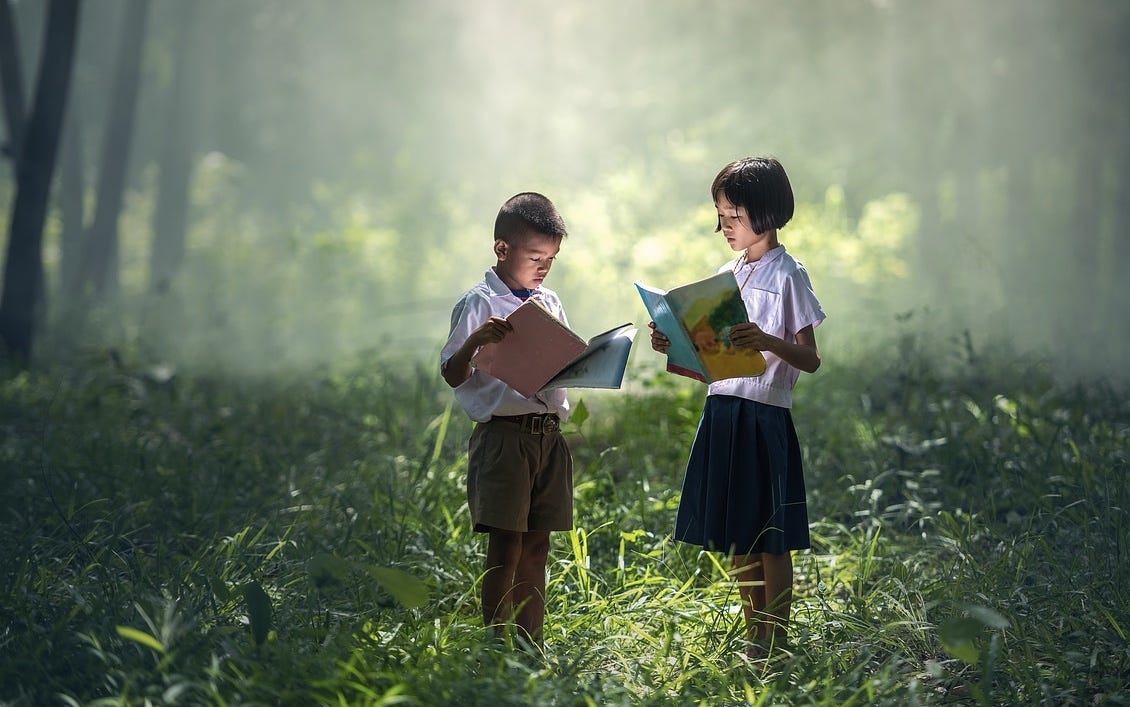


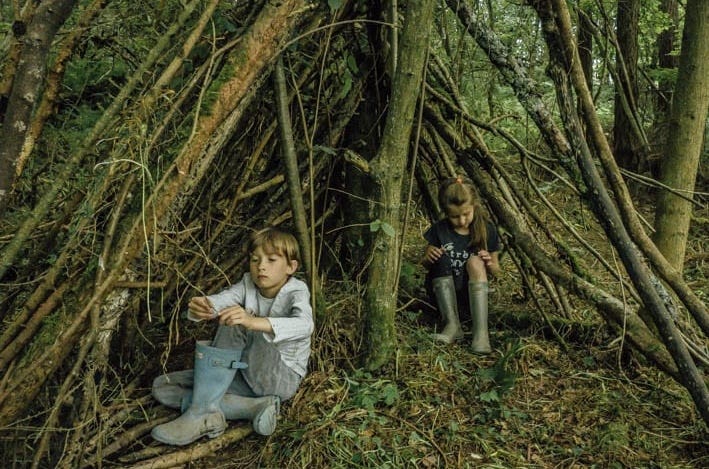
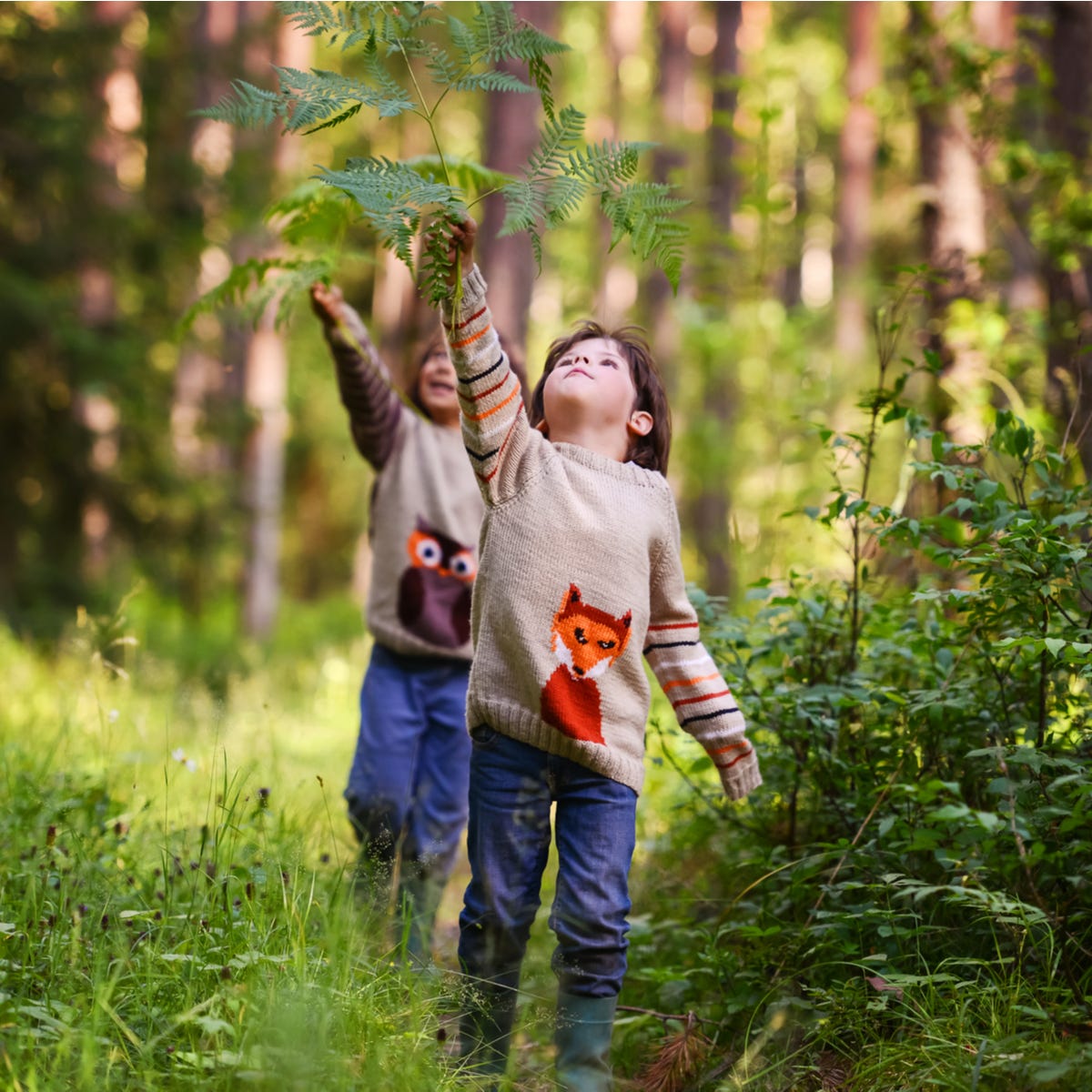
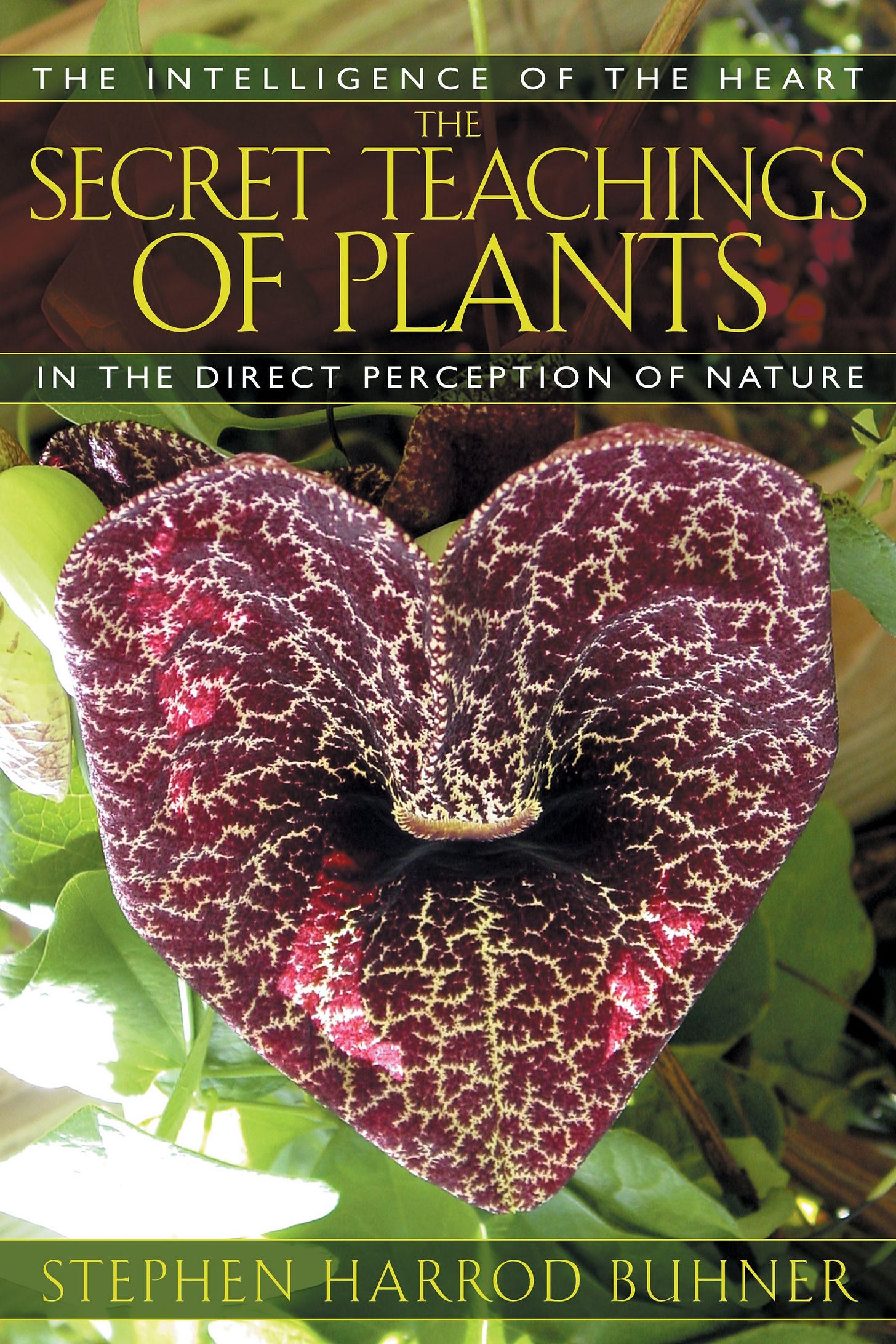
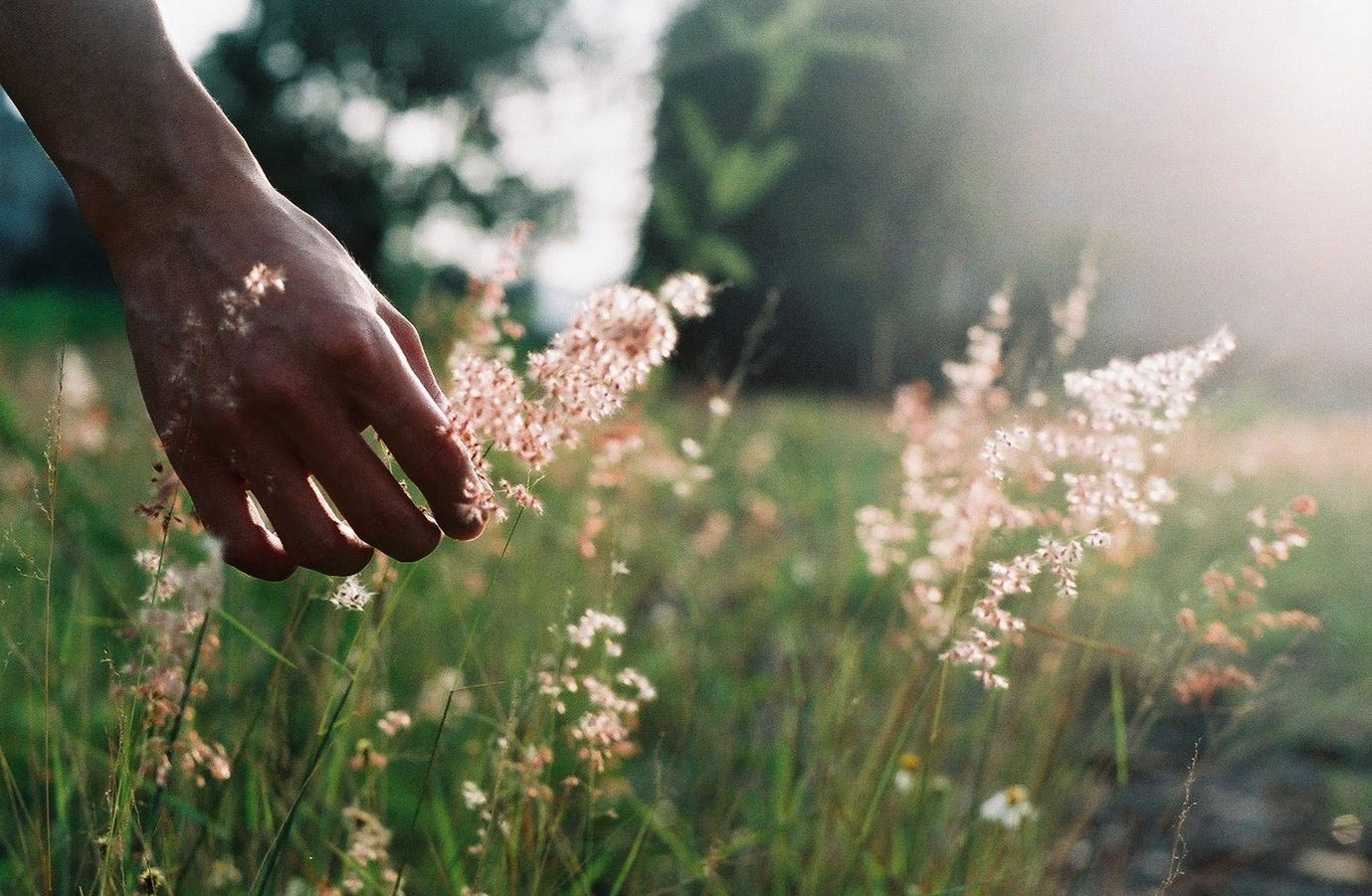

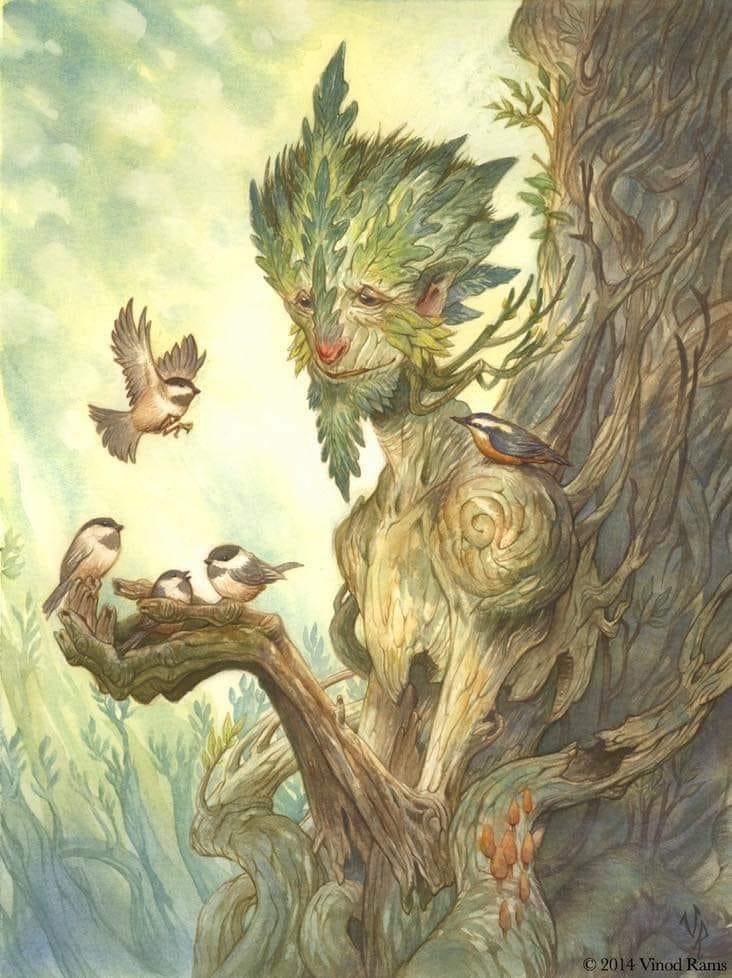
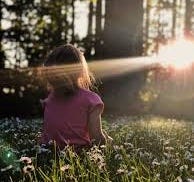
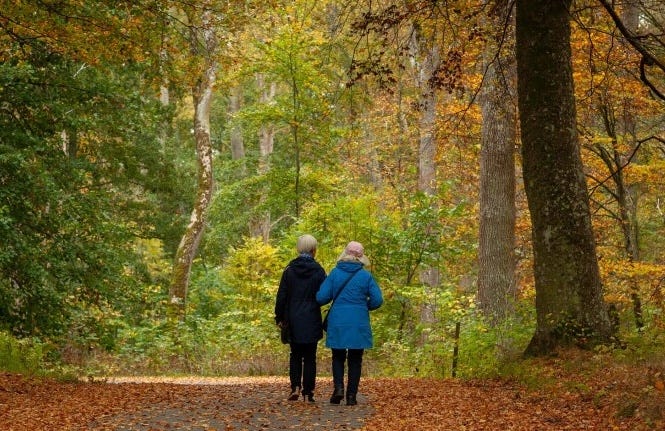
Imbas forosnai apprenticeship: I don't know what that means. I do know that many creatures clearly have intelligence. Anyone with a cat or dog in their home can observe their pet figuring something out, like how to open a cabinet, or what type of begging works best to get the food they want. So much is out now about trees, and how they work to protect one another that I am seeing the truth in their own "tree-ness" intelligence. Same with mushrooms. It's a fascinating world we live in.
That is fascinating about the woodland pecking order!